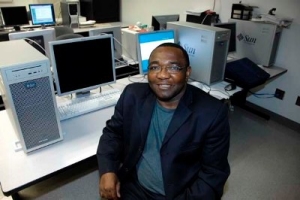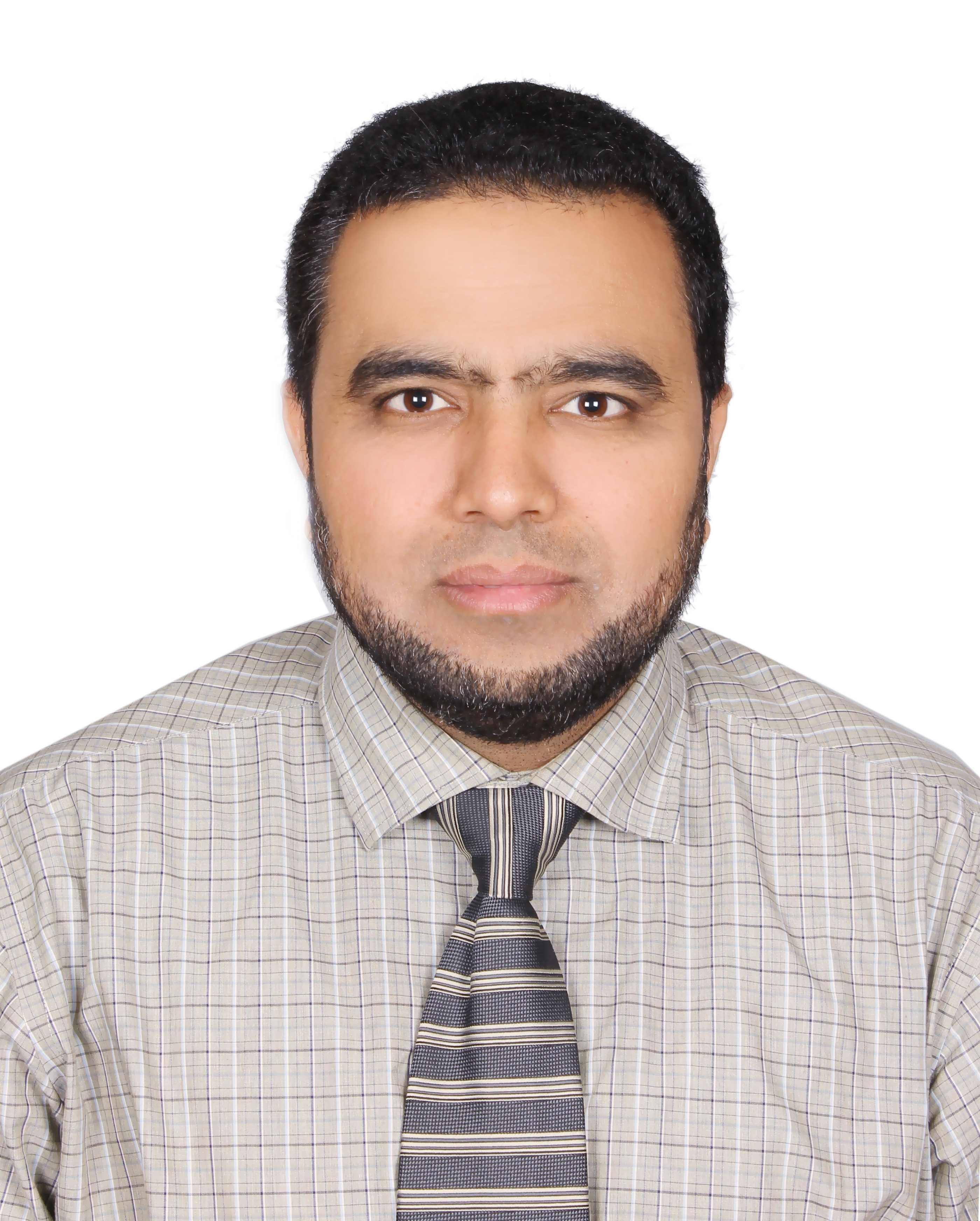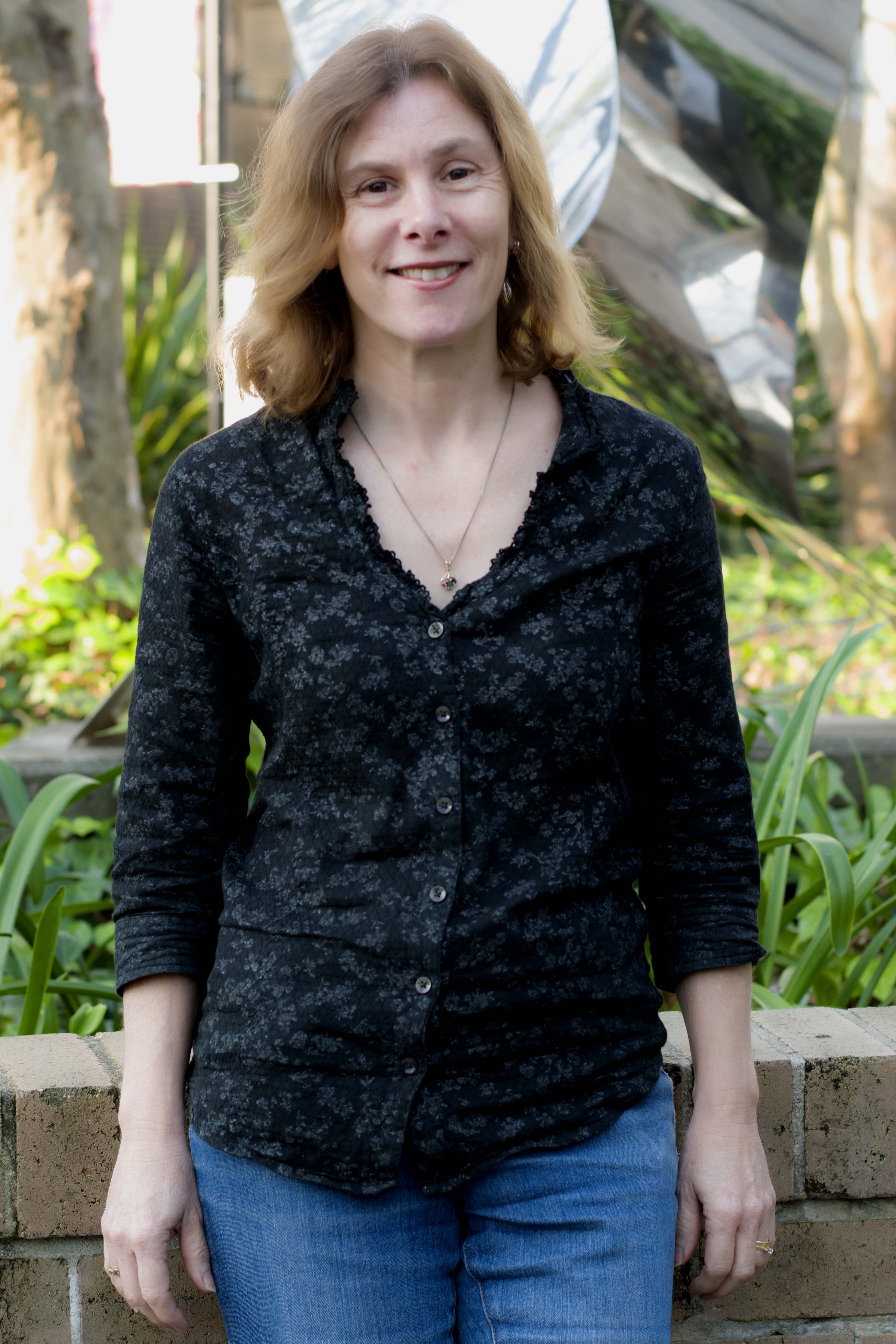
|
The 12th International Conference on Broad-Band Wireless Computing, Communication and Applications |
BWCCA-2017November 8-10, 2017, Palau Macaya, Barcelona, Spain |
|---|---|
|
In conjunction with the 3PGCIC-2017 International Conference. |
|
Important Dates
Submission Deadline: July 31, 2017
Authors Notification: August 20, 2017
Author Registration: September 5, 2017
Final Manuscript: September 5, 2017
Conference Dates: November 8-10, 2017
Keynote Talk
Keynote Speaker I

Prof. Isaac Woungang, Ryerson University, Canada
Biography
Dr. Isaac Woungang received his Ph.D degree in Mathematics from University of South, Toulon & Var, France, in 1994. From 1999 to 2002, he worked as Software Engineer at Nortel Networks, Ottawa, Canada. Since 2002, he has been with Ryerson University, where he is now a Professor of Computer Science & Director of the Distributed Application and Broadband NEtwork Lab (DABNEL), http://www.scs.ryerson.ca/iwoungan/. His current research interests include radio resource management in wireless networks, cloud and Internet-of-things security, and opportunistic networks. He has published 1 authored book, 11 edited books, and over 150 refereed journals and conference papers. He serves as Editor-in-Chief of the International Journal of Communication Networks and Distributed Systems (IJCNDS), Inderscience, UK, and Associate Editor of the International Journal of Communication Systems (IJCS), Wiley. He has also served as Chair of the Computer Chapter, IEEE Toronto Section, from 2012 to 2016.
Title: Intercloud and HetNet for Mobile Cloud Computing in 5G Systems: Design Issues, Challenges, and Optimization
Abstract
Emerging 5G systems will be featured by a closer collaboration between mobile network operators and cloud service providers to meet the communication and computational requirements of modern mobile applications and services in a mobile cloud computing (MCC) environment. In this talk, we will show how the marriage between heterogeneous wireless networks (HetNets) and multiple clouds (referred to as InterCloud) stands out as an effective response for the mobile data deluge. First, we review the building blocks of a HetNet and an InterCloud as well as the resource management entities in both domains. Second, we will discuss on how they can be orchestrated to better support the task offloading process. Third, we will identify the key design criteria and challenges related to interoperation between an InterCloud and a HetNet. Finally, we will introduce a novel revenue sharing approach for a coalition between a mobile network operator and cloud service providers, and show that using the Shapley concept, this approach can achieve the maximum revenue for the coalition by optimally associating the users to the clouds through the base stations.
Keynote Speaker II

Dr. Zahoor Khan, Higher Colleges of Technology, United Arab Emirates
Biography
Dr. Zahoor Khan is currently working as a Division Chair of Computer Information Science (CIS) and Applied Communications divisions at Higher Colleges of Technology, United Arab Emirates. He also holds an Adjunct Professor position in the Department of Engineering Mathematics and Internetworking, Faculty of Engineering at Dalhousie University, Canada. Previously he served as a part-time Faculty member of Computing & Information Systems at Saint Mary's University, Canada. He received his PhD and MCSc degrees from Faculty of Engineering and Faculty of Computer Science at Dalhousie University Canada, respectively. He earned his MSc (Computer Engineering) degree from UET Taxila, MSc (Electronics) degree from Quaid-I-Azam University and BSc from University of Peshawar. Dr. Khan has 17+ years of research and development, academia and project management experience in IT and engineering fields. He has multidisciplinary research skills on emerging wireless technologies. His research interests include but are not limited to the areas of e-Health pervasive wireless applications, theoretical and practical applications of Wireless (Body Area) Sensor Networks, and Internet of Things. He is interested in designing and implementing the algorithms related to energy and QoS aware routing protocols, fault management, security, privacy, etc. He is (co)-author of a book and 250+ peer-reviewed Journal and Conference papers. List of his publications can be found here dblp or google scholar. Dr. Khan serves as a regular reviewer/organizer of numerous reputed ISI indexed journals, IEEE conferences, and workshops. Dr. Khan is a senior member of IEEE (SMIEEE) and IAENG.
Title: Advancements in Internet of Things (IoT); Design challenges and importance of Fog computing over Cloud computing
Abstract
Advancements in the field of internet are increasing at a remarkable rate. Currently only 1% things are connected via internet. Internet of Things (IoT) is a new revolution which will interconnect approximately 50 billion computing and non-computing devices (things) by 2020. Advances in IoT bring new challenges of managing this real-time sensor data. In this talk, we will focus on these challenges with their possible solutions. The importance of Fog computing over Cloud computing in IoT will also be analyzed with the demonstration of real-life scenarios.
Keynote Speaker III

Prof. Deborah Richards, Macquarie University, Australia
Biography
Deborah Richards is a Professor in the Department of Computing at Macquarie University. Following 20 years in the ICT industry during which she completed a BBus (Comp and MIS) and MAppSc (InfoStudies), she completed a PhD in artificial intelligence on the reuse of knowledge at the University of New South Wales and joined academia in 1999. While she continues to work on solutions to assist decision-making and knowledge acquisition, for the past decade, her focus has been on intelligent systems, agent technologies and virtual worlds to support human learning and well-being. Web page:http://web.science.mq.edu.au/~richards/
Title: Intelligent Virtual Agents for Education and Training
Abstract
This talk will provide an overview of the types and uses of Intelligent virtual agents. Intelligent virtual agents (IVAs) have been a growing area of research within the field of Artificial Intelligence in the past 20 years. An IVA is a piece of software, generally considered to be autonomous in some way, that imitates the behaviour of a human or animal and is embodied within a virtual environment. A primary aim in the field of virtual agents is the creation of believable characters that are useful in their situated paradigm (e.g. games, narratives, education,assistive computing, etc.). There is a significant body of work in the area of believable characters which may be known as pedagogical agents, embodied conversational agents, artificial companions, talking heads, empathic or listening agents depending on their function, level of sophistication or the particular research focus such as emotion and appraisal systems or language technology. The talk will provide an overview of the field, including my research concerning IVAs and memory, emotions and collaborative learning for applications such as debriefing and reminiscing, border security officer training, scientific inquiry and science education, real estate assistance, museum guidance, and adherence to treatment advice.